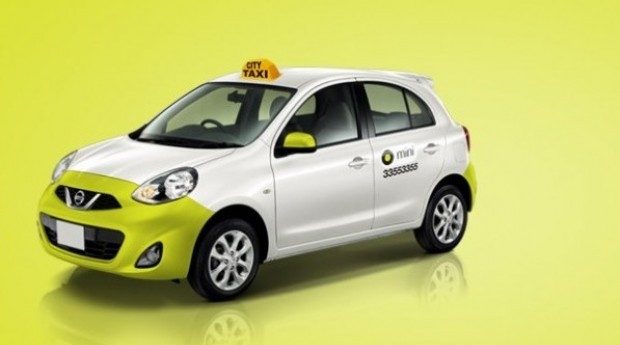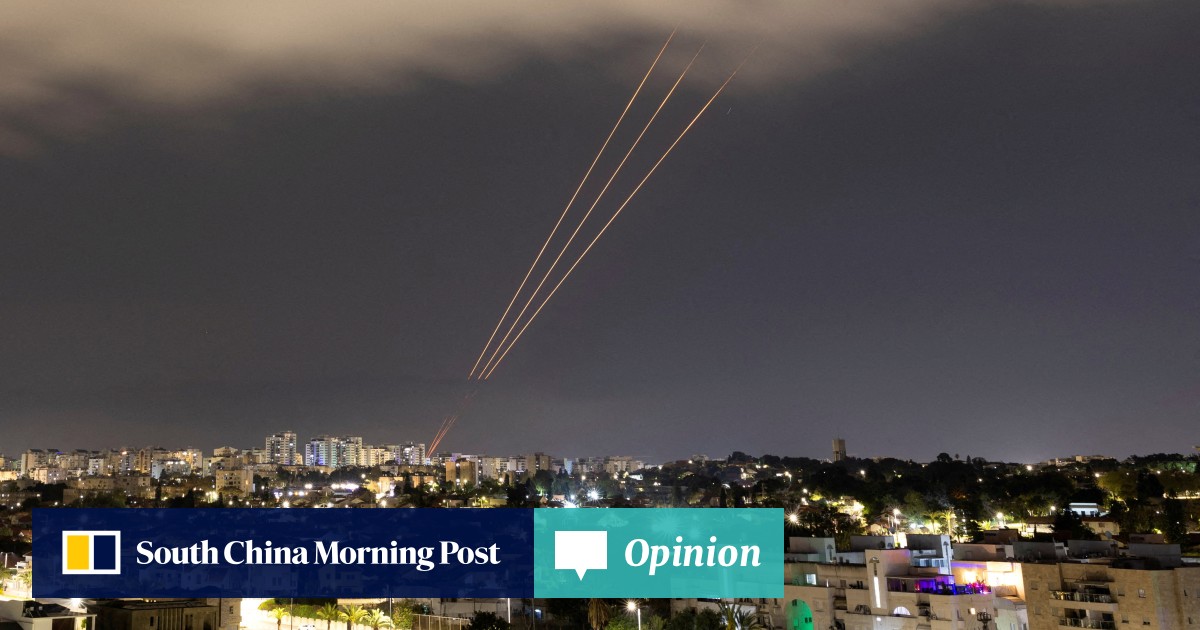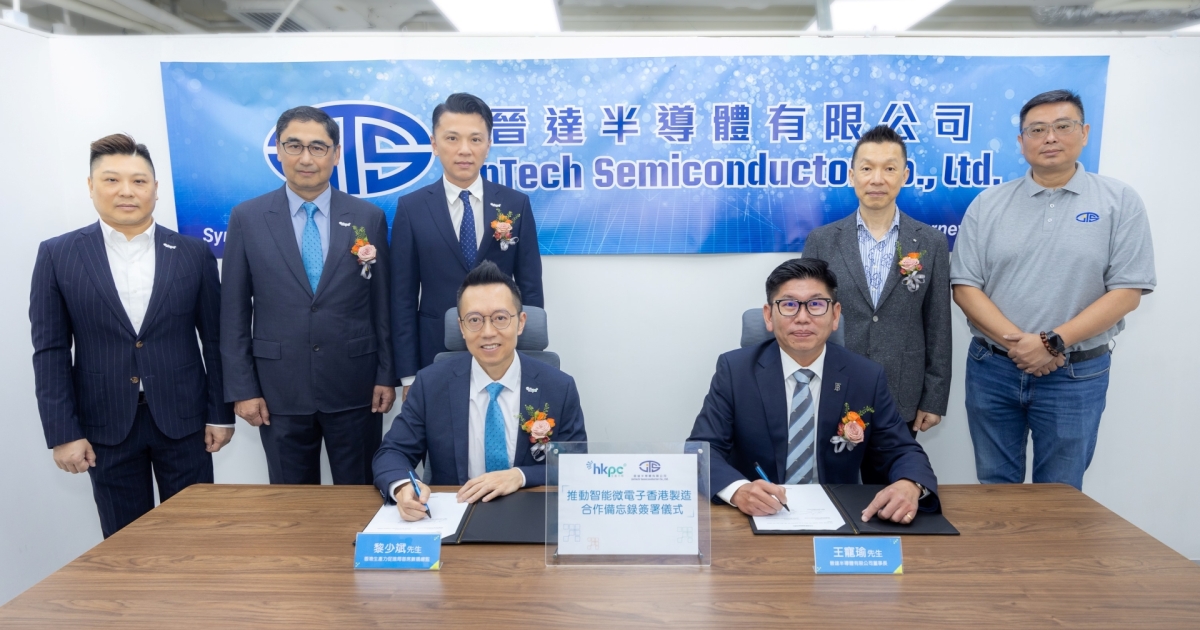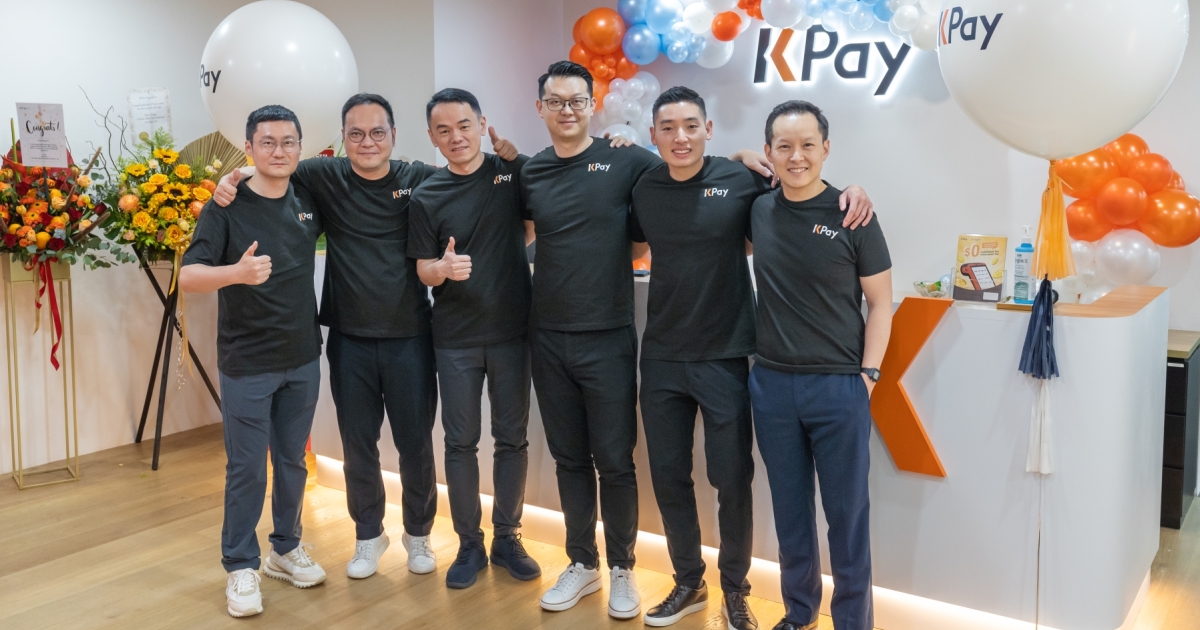TOKYO — In the global race to develop COVID-19 vaccines, Japan has been conspicuous by its absence. But if the world’s third-largest economy is to find standard-bearers in the push for homegrown vaccines, Shionogi, a maker of drugs for infectious diseases, and its media-savvy CEO, Isao Teshirogi, might be prime candidates.
The 61-year-old chief executive appears on TV, in newspapers and magazines and at international conferences, promoting his company’s efforts to develop a vaccine and drugs against COVID-19. Teshirogi took the helm in 2008 at age 48 and is widely credited with turning the struggling drugmaker into the nation’s most profitable one by focusing on a few select areas, including infectious diseases.
Since December, the Osaka-based company has been conducting a combined Phase 1 and 2 trial of the safety and efficacy of a COVID vaccine, involving some 200 volunteers, while also moving ahead with the development of an oral COVID drug. A Phase 3 clinical trial is set to begin by the end of September.
Shionogi is expected to brief investors about the results of the Phase 1-2 vaccine trial and offer more details about its COVID drug when it holds an R&D meeting in late August.
These moves come as the government of Prime Minister Yoshihide Suga released a national strategy for vaccine development earlier this month, making sure the government will take the lead in building the infrastructure for vaccine development and production in Japan.
The efforts for domestic development come even as the national inoculation campaign has made significant strides recently using two overseas vaccines, from Pfizer/BioNTech and Moderna.
The biggest hurdle for Japanese vaccine makers has been to conduct a large-scale double-blind test, known as a Phase 3 trial, involving tens of thousands of volunteers of various age groups and health conditions. Such a test involves giving real or placebo — fake — shots to participants and comparing their conditions. But with the overseas vaccines already available, few people are now willing to participate in such trials.
There is also the question of whether there is a need for homegrown vaccines. Government and industry officials acknowledge that COVID-19 could be brought under control with the Pfizer and Moderna vaccines.
But the Suga government wants to make sure the nation is prepared for the possibility that new strains would keep wreaking havoc and make vaccinations necessary every year. The two U.S. vaccines, both based on messenger RNA technology, are known to cause relatively strong side effects, and there will be demand for ones with fewer side effects.
The government is widely expected to approve emergency use of Japanese vaccines without Phase 3 trials on condition that they match or outperform the U.S. vaccines in terms of efficacy and side effects. The government is also believed to be considering stockpiling homegrown vaccines for possible future outbreaks.
Teshirogi says the Shionogi vaccine would cause fewer side effects than the ones based on messenger RNA and would be more suitable for regular annual inoculations.
“Japan would be the most reachable market for Shionogi,” said Fumiyoshi Sakai, drug sector analyst at Credit Suisse. “Investors are hoping that Shionogi will win approval for the vaccine this year.”
Shionogi claims to be ahead of its Japanese rivals, such as Daiichi Sankyo and KM Biologics, in developing COVID-19 vaccines. Shionogi already has a production facility in Gifu Prefecture in central Japan capable of producing enough doses for 10 million people a year and has been building a new production line for 20 million people on the same site since May. Both are built and operated by partner company Unigen.
Shionogi is developing a “recombinant protein vaccine,” which uses genetically modified insect cells to produce copies of the COVID-19 spike protein. A similar technology is being employed by Novavax, Sanofi and GSK in their own vaccine development.
Shionogi’s COVID drug is for nonhospitalized patients at an early stage of infection, a group that accounts for some 80% of cases. Teshirogi stresses that treating such people is essential to preventing the spread of the virus.
Shionogi keeps details of its COVID drug under wraps. Merck and Pfizer are also working on similar COVID treatments.
“People say, ‘Now is the time for Shionogi to make a contribution as a drugmaker,'” Teshirogi said on a TV show in March. “We want to live up to the expectations.”
A vaccine success is critical for Shionogi to boost its bottom line, stresses Credit Suisse’s Sakai. Shionogi has relied on the flu drug Xofluza for sales and was hit by the plunge in flu cases this year as people took precautions to avoid COVID infection.
Shionogi’s quest for a hit product is made more urgent by the approaching expiration of the patent for its blockbuster HIV treatment, Tivicay, around 2028, Sakai adds. HIV treatments accounted for 41% of Shionogi’s revenue in the year ended in March. The COVID vaccine and drugs could help diversify the company’s revenue sources.
Shionogi is only a tenth of the size of Takeda Pharmaceutical, the industry leader, in terms of total sales but leads in terms of profitability — its operating profit margin stood at about 40% in the year ended in March, compared with 38% for Chugai, 16% for Takeda and 7% for Daiichi Sankyo.
“If Shionogi succeeds in vaccine development, that would make at least some contribution to its bottom line,” Sakai said. But the move is not without a risk, and “the failure would have an impact on the share price,” he added.






